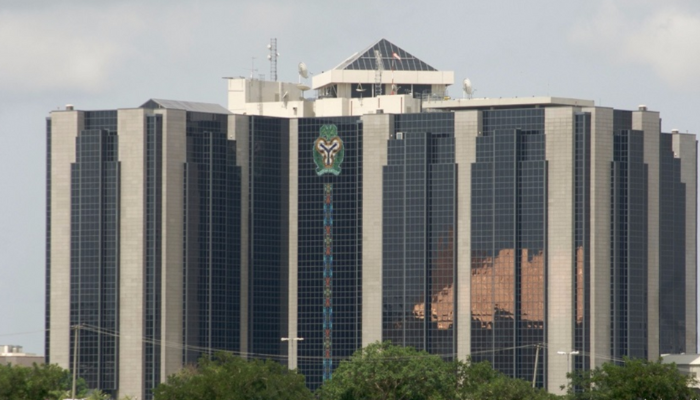The Central Bank of Nigeria has reported a significant drop in interest earnings from the Federal Government’s Ways and Means advances, collecting just N3.1 billion in 2024 compared to over N1.6 trillion the previous year. This marks a dramatic decline in revenue generated from lending to the federal government, reflecting recent changes in fiscal and monetary policy direction.
The sharp reduction follows the securitization of outstanding Ways and Means advances worth N22.7 trillion in 2023. These funds, previously extended as overdrafts to help the government manage its budget shortfalls, were converted into long-term debt instruments. The new arrangement spread repayments over 40 years with a three-year moratorium, effectively halting further interest accrual on the bulk of the previous advances.

The Ways and Means facility is a mechanism through which the CBN provides short-term loans to the federal government to cover temporary shortfalls in budgetary revenue. By law, these loans are supposed to be limited to 5% of the government’s previous year’s actual revenue, and they are to be repaid within the same fiscal year. However, in recent years, this provision was repeatedly breached, leading to concerns over inflationary pressures and weakening fiscal discipline.
The dramatic fall in interest income is largely due to the reduced volume of new borrowing by the government through this facility in 2024. With tighter oversight and increased scrutiny on monetary financing of deficits, the central bank has curtailed further lending under the Ways and Means provision. This move is in line with efforts to restore discipline in public finance and reduce the inflationary impact of excessive deficit financing.
The CBN previously charged interest on these advances at a rate tied to the Monetary Policy Rate plus an additional margin. With the government no longer drawing significantly on the facility, the CBN’s earnings from this source have declined accordingly.
The shift also reflects broader efforts by the government to diversify its financing options and rely more on structured debt instruments such as treasury bills, bonds, and international loans, rather than direct borrowings from the central bank. The aim is to improve transparency in public debt management and reduce the impact of deficit financing on money supply and inflation.
Despite the immediate revenue loss for the CBN, financial experts have largely welcomed the move, describing it as a necessary step to re-anchor inflation expectations and support long-term macroeconomic stability. They argue that continued reliance on Ways and Means advances would have undermined investor confidence and complicated the monetary authority’s efforts to stabilize the naira and bring down inflation.
Looking ahead, the Central Bank is expected to remain cautious about further direct financing of the government and will likely advocate for tighter fiscal management. With inflation still above desired levels and the naira under pressure, reducing monetary injections into the economy through such overdrafts is seen as critical.
The federal government, on its part, faces the challenge of maintaining spending on key infrastructure and social programs without resorting to inflationary borrowing. This will require reforms in revenue collection, expansion of the tax base, and more efficient expenditure management.
The N3.1 billion interest earned in 2024 may be a fraction of previous years’ figures, but it also signals a turning point in how the government and the central bank manage public finance. The days of unchecked access to central bank funding appear to be drawing to a close, as Nigeria grapples with the need for economic stability in a challenging fiscal environment.
Support InfoStride News' Credible Journalism: Only credible journalism can guarantee a fair, accountable and transparent society, including democracy and government. It involves a lot of efforts and money. We need your support. Click here to Donate
